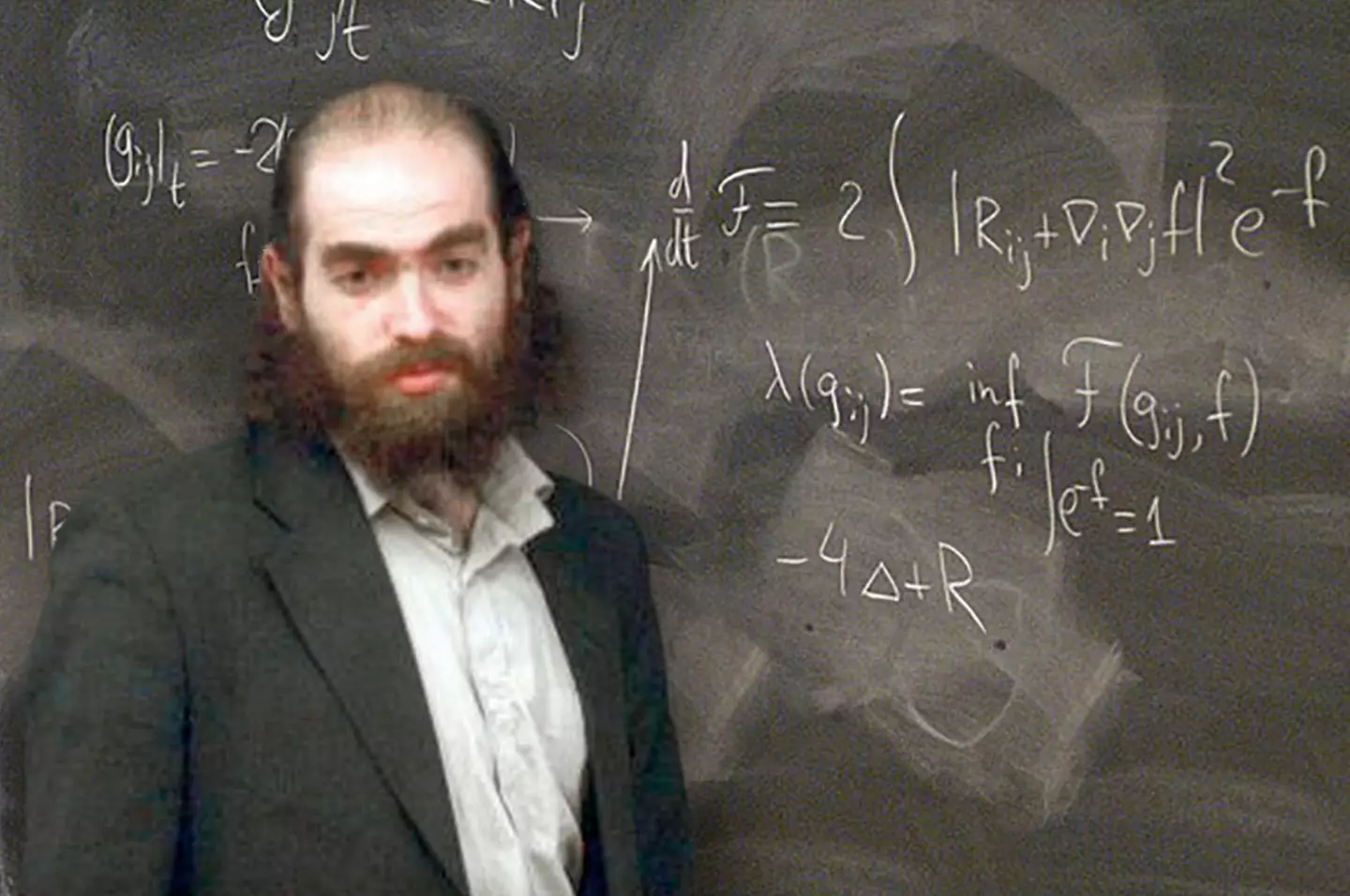If there was a chance to earn a $1,000,000 cash reward by solving a math problem, I’d certainly give it my all in hopes of securing the prize.
Though math isn’t my forte, the prospect of becoming a millionaire would be motivation enough to at least try.
Many might share my enthusiasm, but Grigori Perelman is not among them.

Perelman, a mathematician from Russia, successfully solved a mathematical conundrum that had puzzled minds since 1904, originally proposed by French mathematician Henri Poincaré. By solving it, he became eligible for a $1,000,000 prize, which he declined.
If math isn’t your thing, hang in there.
Poincaré’s challenge involved three-dimensional spaces that appear ordinary but are finite.
The hypothesis was that if such a space allowed every loop to be tightened to a point, it must be a three-dimensional sphere.
Complex, right? Regardless, Perelman cracked the problem in 2002 after decades of failed attempts by others.
In 2010, the Clay Mathematics Institute in Cambridge, Massachusetts, awarded him the $1 million prize, designating this amount for solving seven tough problems.
Yet, Perelman chose not to accept the monetary reward.

The pressing question is, why?
Perelman’s decision was rooted in his belief that another mathematician’s contributions were undervalued.
Richard S. Hamilton had developed a differential equation known as the Ricci flow, which Perelman felt was crucial to his own breakthrough.
On rejecting the prize, Perelman commented: “I don’t like their decisions, I consider them unjust.”
Perelman’s refusal of the prize might seem puzzling, but it aligns with his past actions; he had previously turned down the Fields Medal, saying: “I’m not interested in money or fame; I don’t want to be on display like an animal in a zoo.
“I’m not a hero of mathematics. I’m not even that successful; that is why I don’t want to have everybody looking at me.”
In a 2010 interview with The Guardian, Sergei Kisliakov, director of Perelman’s former institution, the St Petersburg’s Steklov Mathematics Institute, noted: “He has rather strange moral principles. He feels tiny improper things very strongly.”
Kisliakov also mentioned that Perelman had left the field of mathematics, saying: “He severed all contact with the community, and wanted to find a job unrelated to maths.”

